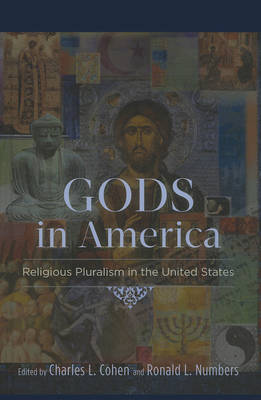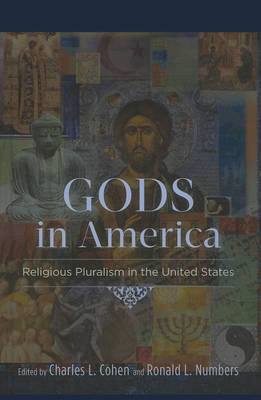
- Afhalen na 1 uur in een winkel met voorraad
- Gratis thuislevering in België vanaf € 30
- Ruim aanbod met 7 miljoen producten
- Afhalen na 1 uur in een winkel met voorraad
- Gratis thuislevering in België vanaf € 30
- Ruim aanbod met 7 miljoen producten
Zoeken
€ 198,95
+ 397 punten
Omschrijving
Religious pluralism has characterized America almost from its seventeenth-century inception, but the past half century or so has witnessed wholesale changes in the religious landscape, including a proliferation of new spiritualities, the emergence of widespread adherence to ''Asian'' traditions, and an evangelical Christian resurgence. These recent phenomena--important in themselves as indices of cultural change--are also both causes and contributions to one of the most remarked-upon and seemingly anomalous characteristics of the modern United States: its widespread religiosity. Compared to its role in the world's other leading powers, religion in the United States is deeply woven into the fabric of civil and cultural life. At the same time, religion has, from the 1600s on, never meant a single denominational or confessional tradition, and the variety of American religious experience has only become more diverse over the past fifty years. Gods in America brings together leading
scholars from a variety of disciplines to explain the historical roots of these phenomena and assess their impact on modern American society.
scholars from a variety of disciplines to explain the historical roots of these phenomena and assess their impact on modern American society.
Alleen bij Standaard Boekhandel
+ 397 punten op je klantenkaart van Standaard Boekhandel
Beoordelingen
We publiceren alleen reviews die voldoen aan de voorwaarden voor reviews. Bekijk onze voorwaarden voor reviews.












